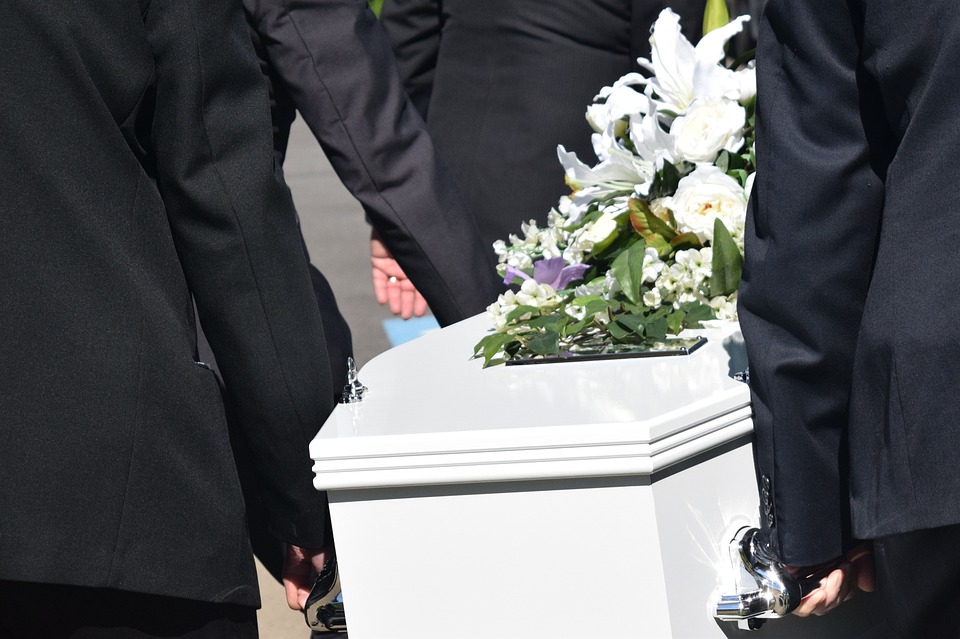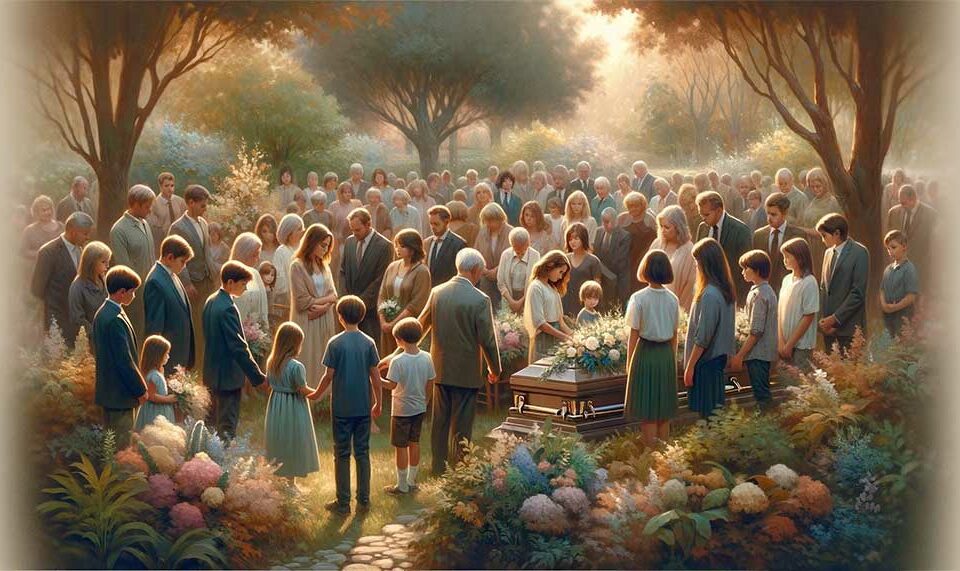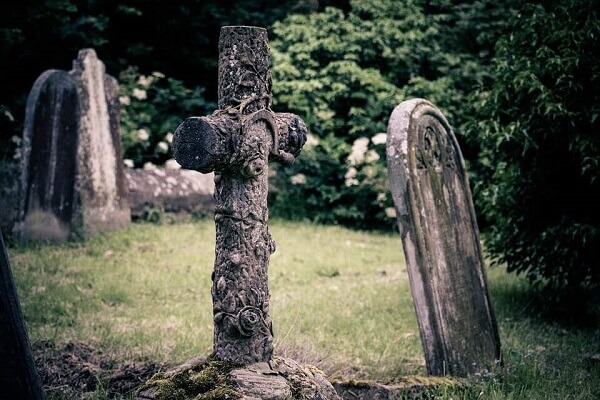- For Immediate Need Call 801-394-5505
- 801-394-5505
Blog
Funeral homes play a crucial role in providing culturally sensitive services. By understanding and respecting the diverse cultural beliefs and practices of families, funeral homes can improve the grieving process for all involved. Consequently, several funeral homes in Ogden, UT, have recognized the importance of cultural sensitivity and have made efforts to cater to diverse cultural communities. Let’s have a close look.
Christian Funerals and Funeral Homes
Christian funeral traditions have a long history and are rooted in the belief in the resurrection of the dead and the eternal life of the soul. Funerals are typically held within a few days of the person’s passing and may include a visitation period where friends and family can pay their respects and offer condolences to the bereaved family. The funeral service is often held in a church, with readings from the Bible, hymns, and a eulogy given by a pastor or family member.
Jewish Funerals and Funeral Homes
Jewish funeral practices are steeped in tradition and often revolve around the shiva period, which provides an opportunity for family and friends to visit the home of the deceased and offer condolences. Jewish funeral homes often have a chevra kadisha, or burial society, which is responsible for preparing the body for burial in accordance with Jewish customs. The reading of the Kaddish, a prayer of mourning, is also an important aspect of the Jewish funeral process.
Muslim Funerals and Funeral Homes
Islamic burial traditions emphasize the importance of a prompt burial, ideally within 24 hours of the death. This is done to show respect for the deceased and to allow their soul to move on to the afterlife as soon as possible. The washing of the body, also known as ghusl, is an essential aspect of the funeral process. The body is washed three times, and a shroud is then placed over it. Recitation of Quranic verses and prayers during the funeral process is also an important part of the Islamic funeral ritual.
Muslim funeral homes can cater to the specific needs of the Muslim community, providing services in accordance with Islamic customs. This includes the use of a plain casket, which is believed to symbolize the equality of all human beings in death. The body is placed in the casket, which is then faced towards Mecca during the funeral service. This is done as a way of showing respect towards the holy city of Mecca, which is the direction of prayer for Muslims. Funeral homes may also provide prayer rugs for mourners to use during the service.
Hindu Funerals and Funeral Homes
Hindu funeral traditions are centered around the belief in reincarnation and the scattering of ashes. Hindu-centric funeral homes can cater to the specific needs of the Hindu community by including the use of specific funeral pyres for cremation and the role of prayer and recitation of mantras during the funeral process.
Buddhist Funerals and Funeral Homes
Buddhist funeral practices emphasize the importance of reincarnation and karma. Funeral homes can cater to the specific needs of the Buddhist community by including the use of ritual chanting and meditation during the funeral process.
Indigenous Funerals and Funeral Homes

Indigenous funeral practices emphasize the connection between the deceased and nature. Hence, funeral homes may provide services that honor traditional customs, including the importance of smudging and other spiritual practices during the funeral process.
Conclusion
Overall, funeral homes in Ogden, UT, and beyond can play an important role in helping families navigate the difficult process of saying goodbye to a loved one while honoring their cultural and religious traditions. By recognizing and respecting these differences, we can foster a greater sense of cultural awareness and empathy in our communities.




